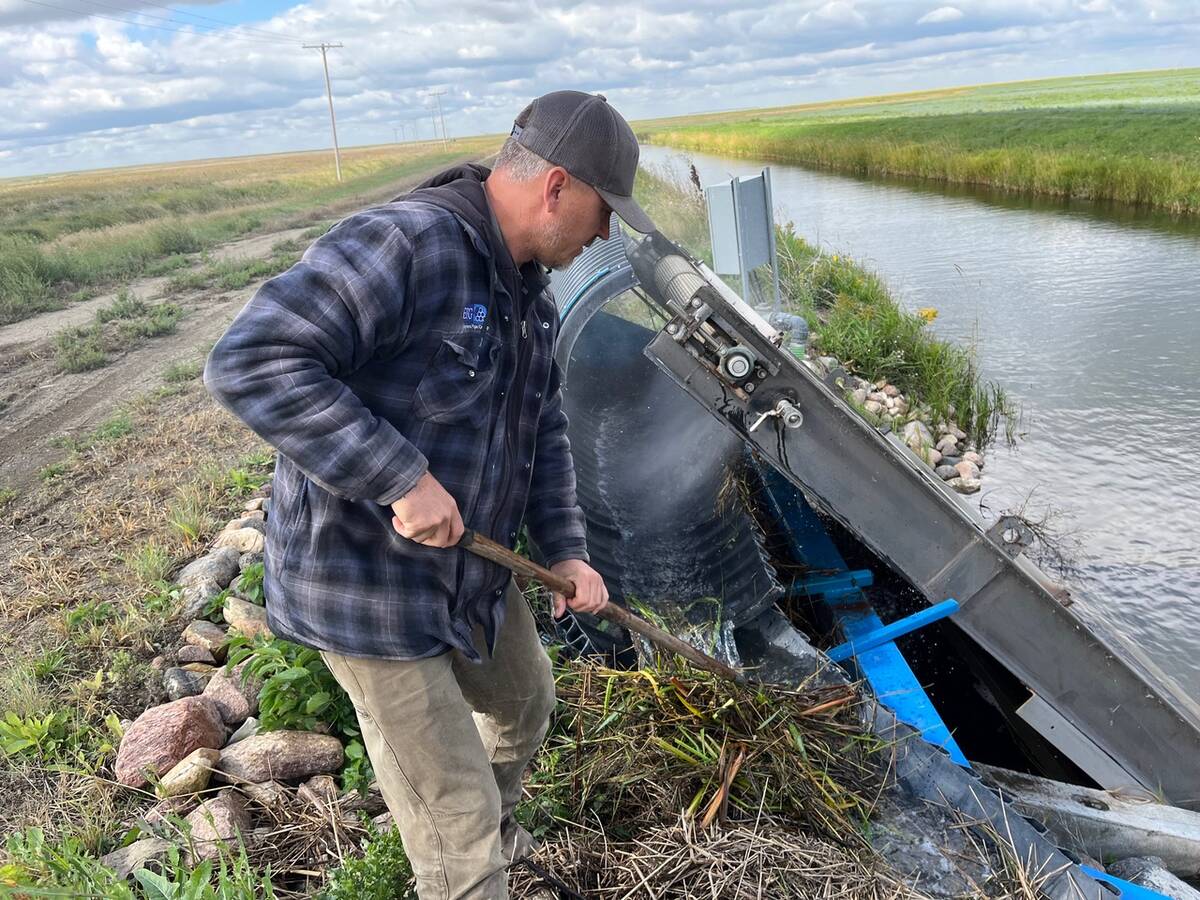PUERTO VALLARTA, Mexico – Buyers of Canadian canola are concerned the industry’s preoccupation over omega 3 acids and trans fats may come at the expense of other important crop attributes.
“Every year we worry about how much oil content (shipments contain) or we worry about quality. So maybe we should continue to keep in mind these kinds of basics,” said Godai Murata, business trainee with Showa Sangyo Co. Ltd.
Showa is part of a Japanese crushing industry that purchased $685 million worth of Canadian canola seed in the 2002-03 crop year, representing two-thirds of Canada’s total seed revenue that year.
Read Also

Saskatchewan farmer uses tile drainage to manage water
The integration of both irrigation and tile drainage results in higher yields, water efficiency, improved soils and less nutrient runoff, says one producer.
“Sometimes Australian canola is much higher in oil content,” said Murata, who attended last week’s Canola Council of Canada annual meeting in Mexico.
The Canadian canola industry said it is aware of the quality problem and is working on solutions.
“There is absolutely no doubt that we had lower oil content in our canola,” said Richard Wansbutter, vice-president of commercial relations with Saskatchewan Wheat Pool.
He insisted the issue is not being overshadowed by other developments, including a new line of high oleic canola oil boasting zero trans fats.
“I don’t believe it’s getting lost in the mix,” said Wansbutter.
Dave Parsons of Agricore United told a story illustrating that point. He spent some “sleepless nights” this fall wondering whether this year’s shipments would meet the 42 percent oil requirement stipulated in some of Agricore’s canola export contracts.
Meanwhile, Australian traders were shipping product containing up to 47 percent oil.
“We’ve had a couple of years of very strange weather and it has affected the quality components within canola,” said council president Barbara Isman.
That’s part of the reason why the association is co-ordinating a review that will analyze and develop recommendations on the quality competitiveness of Canada’s crop.
A committee struck in October 2003 will present a draft working plan to the council’s board of directors at a meeting to be held this November.
Isman said it is critical to quickly get a handle on what’s causing the difficulties because a drop in quality can affect processing economics and the price that farmers get paid for their canola.
“What is happening to the crop? Why is the quality changing? Is it solely the weather? If weather is going to be like this now, what do we have to do breeding-wise to deal with this?”
Those are the types of questions the committee will address.
Wansbutter believes the answer is straightforward, surmising that the poor oil content in last year’s crop was strictly weather-related.
“If we have normal growing conditions next year it shouldn’t be an issue for our customers,” he said.
Wansbutter chaired a hot topics session at the council’s annual convention where a number of delegates tabled the idea of splitting canola into different market classes, which would enable producers to collect price premiums for growing crops with specific traits, such as high oil content.
Isman said the quality review would include a thorough exploration of that idea.
“The mayonnaise manufacturers of this world need a different level of linolenic acid than the salad oil people,” she said.

















